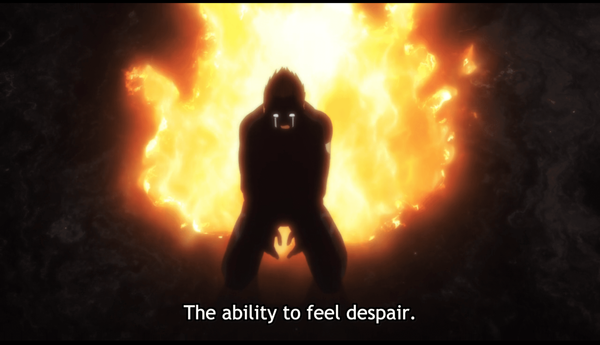
newsletter
Issue 15: Houston, We Have a State Transition
Yes Houston, I tried jiggling the knob, that was the first thing I tried!

newsletter
Yes Houston, I tried jiggling the knob, that was the first thing I tried!

blue-lock
Facing cognitive dissonance due to the failure of a goal requires choosing between delusion, metamorphosis, or quitting.

humor
TL;DR I would delete Snapchat, Paramount+, and most dating apps from people's phones. Online dating can be time-consuming and male-dominated, but there are some exceptions like Hinge, which uses a matching algorithm. Cultural differences can also affect how people use dating apps. However, there are some funny
geography
it's really fucked up that Phoenix is the fifth largest city in the US — Jared 🗿🌱 🇰🇵 (@b1g_damage) November 7, 2022 Intuitively, I'd think that all the top 5 most populous cities would be the ones that come up most in conversation. The actual top 5: 1.
game-theory
Area under the curve doesn't look super good for Xanax (View Tweet) The rebound effect of drugs is an insane, under appreciated side effect due to future discounting. Being in pain now warrants a cure, but it may be the proverbial "kicking the can down the road&
game-theory
Pride leads to arrogance and then away from humility and connection with their fellow man. You don’t have to be Christian to see the wisdom in this. You need only to care about your career to understand that pride—even in real accomplishments—is a distraction and a deluder.
humor
You take it personally because you agree with whatever was said. As soon as you agree, the poison goes through you, and you are trapped in the dream of hell. What causes you to be trapped is what we call personal importance. Personal importance, or taking things personally, is the
game-theory
The Principal Agent Problem: Only 1.5 percent of the purchase price goes directly into your agent’s pocket. So on the sale of your $300,000 house, her personal take of the $18,000 commission is $4,500. . . . Not bad, you say. But what if the house was actually
finance
“Rich people included,” said rich dad. “In fact, the reason many rich people are rich isn’t because of desire, but because of fear. They believe that money can eliminate the fear of being poor, so they amass tons of it, only to find the fear gets worse. Now they
anxiety
Your competition is not better. Even if your competitor has 1000 employees, that doesn't make them better, they more likely work a lot slower and less efficient than a smaller company. Also, a big company is more likely to ruin a perfectly good product trying too hard to
music
Saw Cara Delevingne and Sarah Snyder and now i don't think famous people are all that special -- they just seemed kinda… boring tbh -- and they both dated Jaden Smith, was it for clout or did they genuinely like the guy, I wonder?[1] On the other